Dubai International School Al Quoz, Al Quoz 1
Updated December 2016
Dubai International School Al Quoz [DISQ] is the sister school of Dubai International School, Al Garhoud [DISG]. Together they comprise the Dubai International School [DIS]. Whilst the schools refer to themselves as campuses of a single school and, notwithstanding that the schools share common ownership, curriculum and values, the Dubai inspectorate treats them separately.
There is some merit in this as there are differences between the schools both in terms of facility provision, school transparency, delivery on the ground and leadership from the school’s respective Heads.
As of 2016-17, both schools achieve a basic “Acceptable” rating by the KHDA, the minimum rating before a school is placed in special measures and short of the expected “Good” standard of provision the Dubai Inspectorate anticipate from all functional schools in the Emirate.
Prospective parents should note that the Al Garhoud school has been rated acceptable for 7 consecutive years, suggestive of a school with limited capacity to improve to the required level demanded by the KHDA. The Al Quoz School secured “Good” school status for 3 years between 2011 and 2014 before being downgraded again to an “Acceptable” school rating.
Prospective parents should note that there is considerable, on-going confusion with the naming of the Al Quoz based school. This is in part because historically the school was named the “Dubai International School Nad Al Sheba”. It was at the same time referred to as the “Dubai International School Al Quoz” by the Dubai Inspectorate of Schools, presumably because the school is not in fact based in Nad Al Sheba.
The school’s owners have subsequently re-named the school with a further variant, “Dubai International School Al Qouz,” presumably a variant on the spelling of Quoz, whilst also, at times, still using the earlier name of the school.
Finally, the Dubai Inspectorate and Head, Dr. Akram Zayour, currently both refer to the school instead as the Dubai International Private School-Br, this presumably to try and resolve the muddle. The Br. references the school being a branch of the original Dubai International School, Al Garhoud, which was established earlier in 1985. There is, however, no current consistency in the naming of the school and the result has been no small amount of bewilderment from parents.
DISQ currently educates 2187 children within an American Curriculum founded on the Common Core State Standards [CCSS] in English and Mathematics. Whilst the school is mixed, education is not co-educational and boys and girls are schooled separately. The school is almost 70% Emirati and nearly entirely Arabic.
Educational provision is divided into four phases:
- Kindergarten: a two-year program (KG1 & KG2)
- Elementary: a six-year program (Grade 1 through Grade 6)
- Intermediate: a three-year program (Grade 7 through Grade 9)
- Secondary: a three-year program (Grade 10 through Grade 12)
The core subjects taught at each level are Arabic Language, Islamic Education, English Language, French Language, Mathematics, Sciences, Computer Science, National Education, and “civics” for non-Muslims. At Grade 4 onwards students add Science and Social Science study with either French or Computer Science. At Grades 10-12 options include Arabic Language, Islamic Education, English Language, Mathematics, Physics, Chemistry, and Biology, Computer, Commercial Science, and “civics” for non-Muslims. The current time table also references subject provision in History, Marketing I and Marketing II and Business.
The curriculum is complex and merges a variety of US state standards. The school is trying to secure New England Association of Schools and Colleges (NEASC) accreditation to try and provide consistency. The school builds on Common Core (in English and Mathematics – see above) and Next Generation Science Standards [NGSS] for Science) with a generic meld of different US approaches, including California and AERO elsewhere in the curriculum.
The KHDA note fundamental failings with the curriculum as it stands because it lacks breadth and cohesion across all phases and in particular across Elementary, Middle and High School grades where “the skills and expectations of the US Curriculum, across all subjects, are not fully embedded.” The school is unclear on mandatory and optional course provision in the High School phases and the school has a defined gap between its day-to-day functioning as an English language school whilst lacking a significant number of teaching staff with the required proficiency in English to deliver this.
Other major concerns expressed by the KHDA were with school governance that had not ensured implemented the recommendations of previous Inspections across the curriculum, general curriculum weakness across Elementary and Middle School phases particularly in English and Science; Teaching, assessment and curriculum failures at Elementary and Middle School phases; and the declining effectiveness of the school leadership.
The school does score “outstanding” in areas including Health and Safety and, at KG phase only, student’s appreciation of Islamic values and broader sense of personal and community responsibility. In academic performance overall the school is weak, reaching only “Acceptable” provision in 35% of categories.
Prospective parents should note that when children do graduate, assuming they are successful, they do so with an in-house “Dubai International School Diploma” which is given equivalence to the Ministry’s General Certificate of Secondary Education (Thanawiya Amma) only if students also pass Arabic language and Islamic Studies with a minimum of 50%; all the other subjects with a minimum of 60%; pass SAT 1 Reasoning Mathematics with a minimum score of 400; pass TOEFL with a minimum score of 500; and present authenticated transcripts for grades 10, 11, and 12.
On this basis, for parents seeking UK or US based university further educational provision for their children, it is arguable that alternative British schools offering English National Curriculum based (I)GCSE and GCE A’ Level qualifications, may be a better option for their children, particularly given current weaknesses in the curriculum.
Facilities at the school are efficient. They include five computer labs); one audio-visual room (including interactive boards, an audio system and projectors; 1 language lab; a 3D film room; 3 science labs; two “resource rooms;” and a library. The KHDA note that the library has only “limited resources to support learning.” The school also offers “insufficient access to technology for student use in learning.”
Sporting facilities are also efficient including playing fields and a gym. It should be noted, however, that the school leverages significant shared resources to build its capacity with other schools and government facilities.
Extra-curricular Activities [ECA] enrichment is relatively limited and has included an Art Club, Music Club, Computer Club, Ecology Club, Health Club, Islamic Club, Arabic Club, English Club, Football Club, Basketball Club, Swimming Club, Karate Club, Science Club, Robotics Club and Debate Club.
Our sister site WhichSchoolAdvisor.com notes on-going feedback from parents and students expressing some concern across academic and ECA provision, as well as parent’s sense that the school does not engage with them sufficiently. It is certainly the case that on-line information is inaccessible, offers low levels of transparency and not at a standard of meaningfulness that parents have a right to expect from any school.
Where does this leave prospective parents? Dubai’s educational landscape, driven by the KHDA, is becoming more demanding, and impressively and rightfully so. It is no longer possible in this environment for schools to “get by” – schools must improve, and significantly, if they are not going to be left behind.
In this case, Dubai International School Al Quoz has seen its attainment downgraded by the Dubai Inspectorate. The downgrading is as the least a warning shot. The real test, however will come at its next inspection, one that will set the scene for whether the school can both recover its previous rating and set an upward course for its own future – and that of its students.
Go to the FULL REVIEW on WhichSchoolAdvisor.comPrivate, for profit
FS1: 13,198
FS2: 13,198
YEAR 1: 13,198
YEAR 2: 13,354
YEAR 3: 13,505
YEAR 4: 13,505
YEAR 5: 13,954
YEAR 6: 13,954
YEAR 7: 15,809
YEAR 8: 15,809
YEAR 9: 17,191
YEAR 10: 17,343
YEAR 11: 19,031
YEAR 12: 20,721
YEAR 13: NA
United States / American
Common Core: English/Mathematics
New Generation / California: Science
AERO
AdvancED
( Formed from the merger of North Central Association Commission on Accreditation and School Improvement [NCA CASI]; Southern Association of Colleges and Schools on Accreditation and School Improvement [SACS CASI]; and Northwest Accreditation Commission [NWAC])
New England Association of Schools and Colleges (NEASC) accreditation application ongoing
SEN: Fully inclusive
General admission: selective based on entrance examination (Arabic, English, and Mathematics Grades 1-9 + Natural/Commercial Science Grades 10-12)
No
Not published (WSA projected MEDIUM]
2187
(Capacity 2352)
1:25
Lebanese
2%
1999
Al Quoz 1, Dubai
Emirati: 67.4% (1475)
Special Educational Needs [SEN]: 29
Mixed, non-co-educational
(Children educated separately by gender)
Yes
Dr. Juma’ Belhoul
Mr. Salem Bou Adei
Mr. Sami Obeid
Mr. Shehadi Maalouf
Mr. Khalil Zakhem
+971 (0) 4 338 0370
+971 (0) 4 338 5530
75%
58.3%
50%
75%
75%
58.3%
50%
75%
75%
50%
75%
62.5%
62.5%
75%
75%
75%
75%
50%
81.25%
75%
62.5%
81.25%
56.25%
50%
56.25%
• Value fees
• Outstanding Health and Safety
• Downgraded to KHDA “Acceptable” school only
• Weaknesses across multiple areas of provision
• Qualification value limited compared with alternative provision
• Concerns with capacity of Governors/Owners to respond given consistent flat-lining “Acceptable” rating of sister school
• Transparency
• Parental communications
• Lack of capacity or will to implement KHDA recommendations















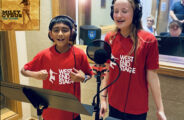



























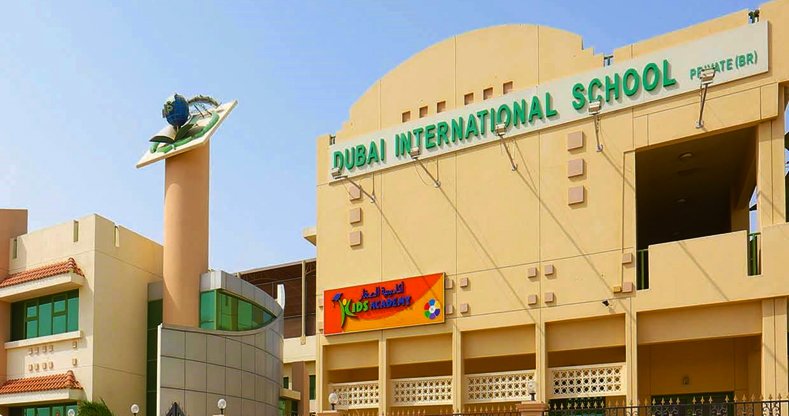

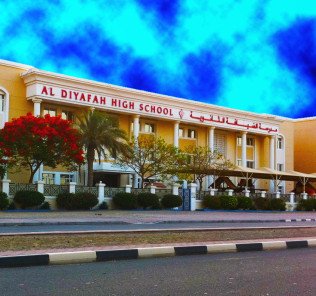
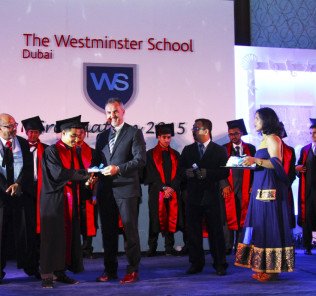
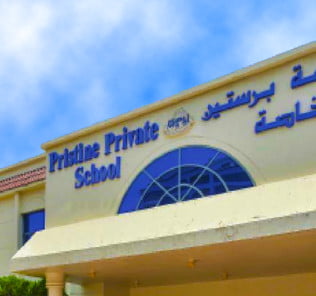
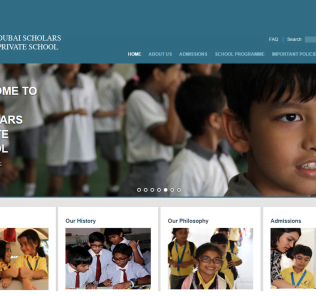
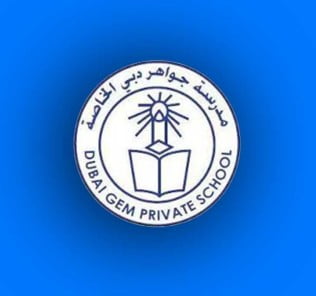
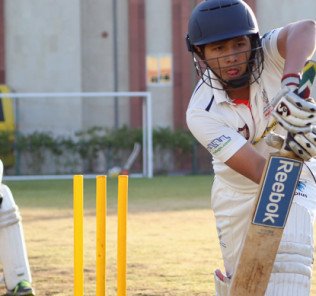

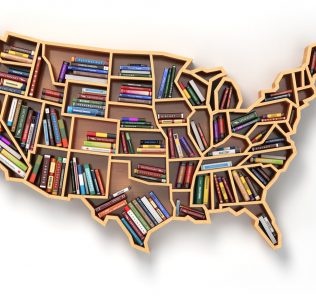
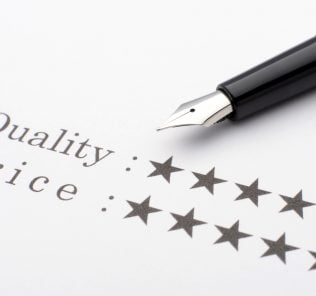


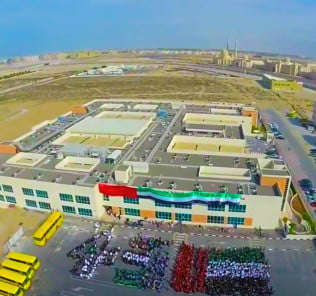
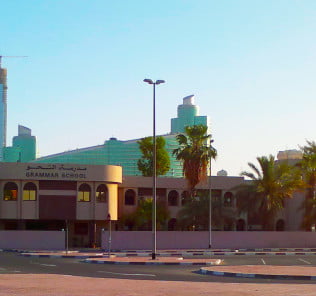
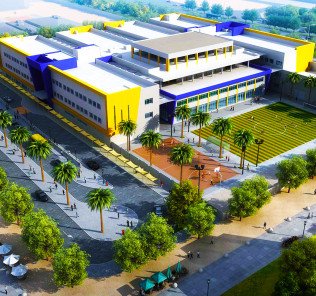
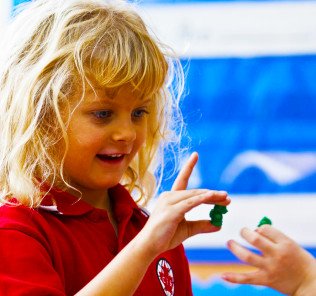













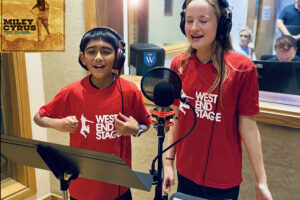
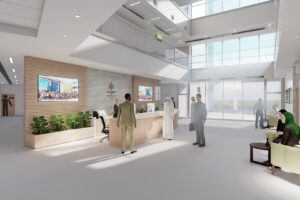
Leave a Response